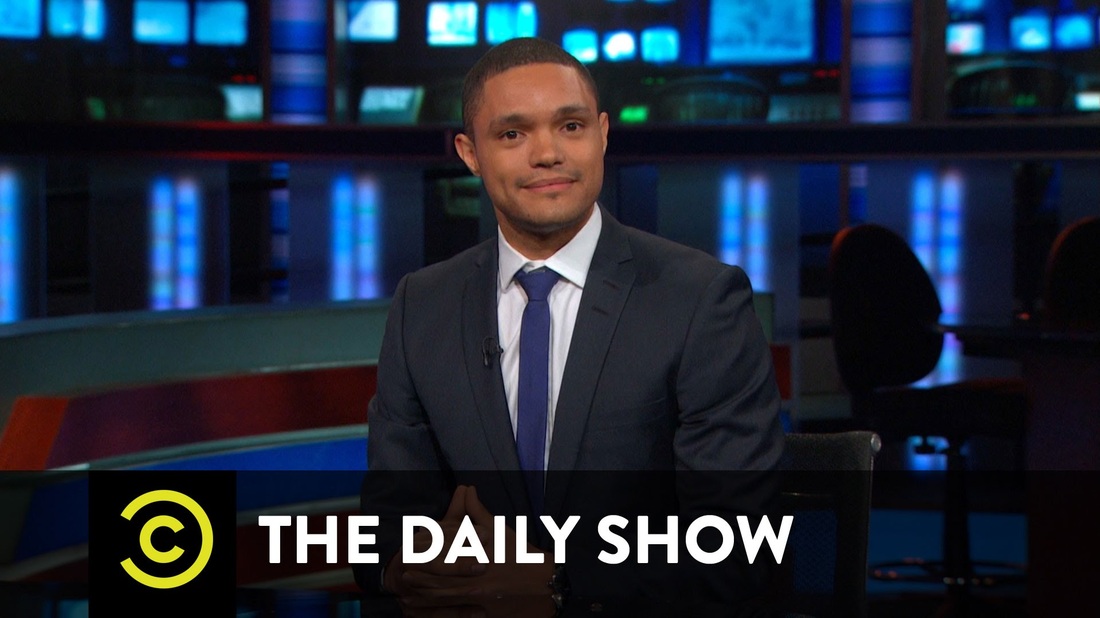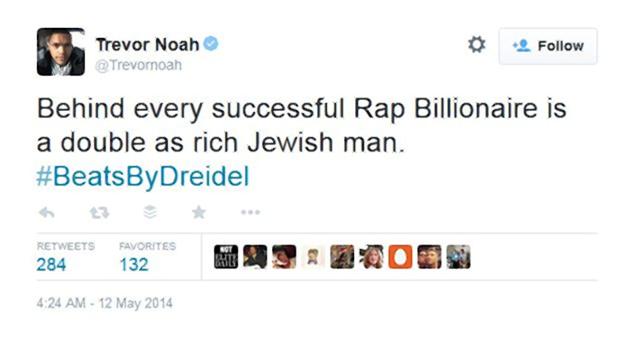By Victoria Stoklasa, CEO
When Trevor Noah was announced as the new host of The Daily Show, replacing the retiring Jon Stewart, the internet erupted. The excitement led to the discovery of some less-than-savory posts on his Twitter account. Arguments fired back and forth: "He's a racist and an anti-semite!" "He was just young and stupid and making jokes that fell flat!" Whichever stance you might take, we can all learn from Noah how to prevent and manage social media fiascos.
When Trevor Noah was announced as the new host of The Daily Show, replacing the retiring Jon Stewart, the internet erupted. The excitement led to the discovery of some less-than-savory posts on his Twitter account. Arguments fired back and forth: "He's a racist and an anti-semite!" "He was just young and stupid and making jokes that fell flat!" Whichever stance you might take, we can all learn from Noah how to prevent and manage social media fiascos.
Start with a clear message
One of Noah's big problems with his Twitter was that he was still developing his comedy--he didn't have a clear idea of his act and message. When a company knows what they want to say to the public, it becomes far easier to develop a content strategy that has little chance of offending. Before getting on any social media platform, sit down and develop your company mission, vision, and goals. Then, ask how social media will foster these. Do you want to deliver bare facts? Create heated conversations? Uplift and inspire? Knowing what you want to say and how you want to say it will help to maintain consistency and show who a company really is.
Approve Before You Tweet
Rather than handing all social media management immediately to a single person or an outside company, it is beneficial to approve any posts that might be scheduled. In his New York Times article on the Trevor Noah controversy, Guy Branum wrote, "The glory of Twitter is that it’s unmediated and direct, but the absence of gatekeepers also means that everyone is free to put their worst work up as easily as their best." Serving as that gatekeeper, at least for the first few weeks or months, ensures that your company image and message will both sound how you want and remain consistent.
If you screw up, own up
Amid the controversy, Noah tweeted, "To reduce my views to a handful of jokes that didn’t land is not a true reflection of my character, nor my evolution as a comedian." Comedy Central also came to Noah's defense, saying he "is provocative and spares no one, himself included." Regardless of whether a company stands by its comments or issues an apology, the issues must be addressed. Sweeping it under the rug and hoping the issue will go away all but promises that it will not go away as customers start to demand answers. Remaining silent unintentionally shows that the business doesn't care.
What do you think of Trevor Noah's tweets? Should he and Comedy Central have handled the situation differently? Let us know in the comments!



 RSS Feed
RSS Feed
